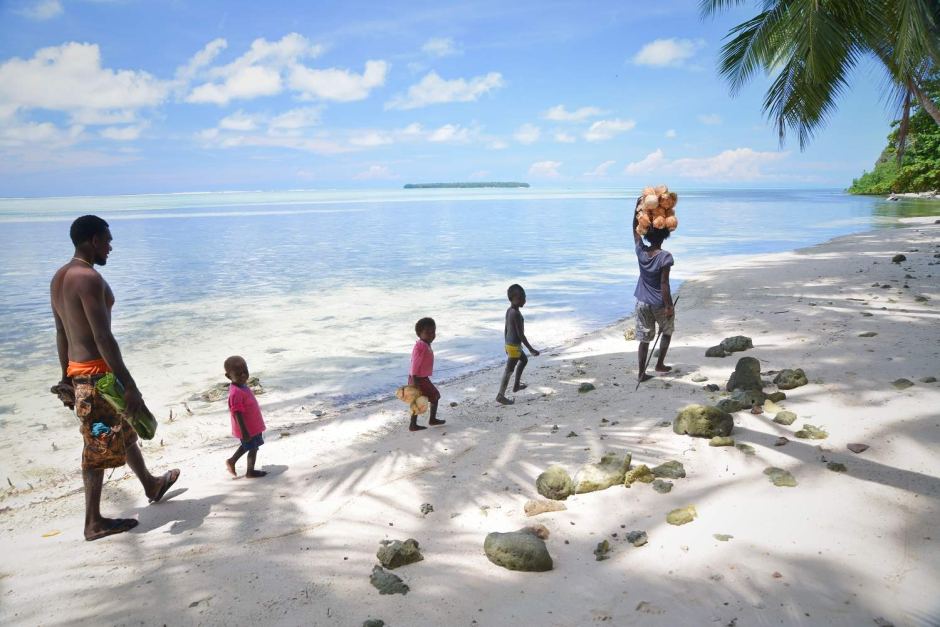
PRIME Minister James Marape says Papua New Guinea has experienced the impacts of climate change, therefore, he as the leader is qualified to talk about climate change and to call on industrialized nations to contribute more towards reduction of carbon emissions and the conservation of existing rainforest, including the rainforest in Papua New Guinea.
The Prime Minister made this comment when meeting with Alok Sharma, the United Kingdom’s UNFCCC COP26 President Designate, to discuss the COP26 Climate Change Agenda.
Prime Minister Marape said although Papua New Guinea has a large land mass, we also have close to 600 outlying islands that are being affected by sea water level rise and sallination as a direct result of climate change.
“We were the first country in the world to relocate climate change refugees from the Cateret islands. That qualifies me to talk about climate change and its impacts in communities,” he said.
“Papua New Guinea, including the 15 other smaller Island States in the Pacific, do not emit a lot of carbon into the atmosphere and yet they are paying the price.
“Relocating the people of Kiribati, who are slowly losing their land to sea water to another land mass that is not a part of their own country is a plan that they are against as well. Their island is sinking but the people have chosen to stay. The world must do something. We should also cite the Caterets as well.”

Prime Minister Marape made known his intention to ask industrialized nations, to do more and to work together with communities affected by deforestation and climate change to find a viable and sustainable way forward to achieve the SDG’s as well as the Paris Accord, without compromising the development aspirations of developing country, especially the smaller Island States.
“Since the Kyoto Agreement and now the Paris Accord, industrialized countries have never tried to push hard to implement the agendas agreed to in the agreements.
“Apart from reducing carbon emissions, industrial countries should invest some money in technology that will reclaim land that is being lost to the sea.
“Papua New Guinea has one of the last standing rainforests in the world and if you want me to conserve it, create an opportunity for my people and country to grow without affecting the conservation of the rainforest.
“Our rainforest is the oxygen factory of the world, therefore, it is a global asset. To conserve, we must all work together to find a balance that will preserve the rainforest while improving livelihood.”
Data taken from the Global Forest Watch Forest Monitoring program has revealed that only 36 per cent of the Earth’s 14.6 million square kilometers of tropical rainforest remain intact. The balance of 64 per cent is either degraded or completely gone.
